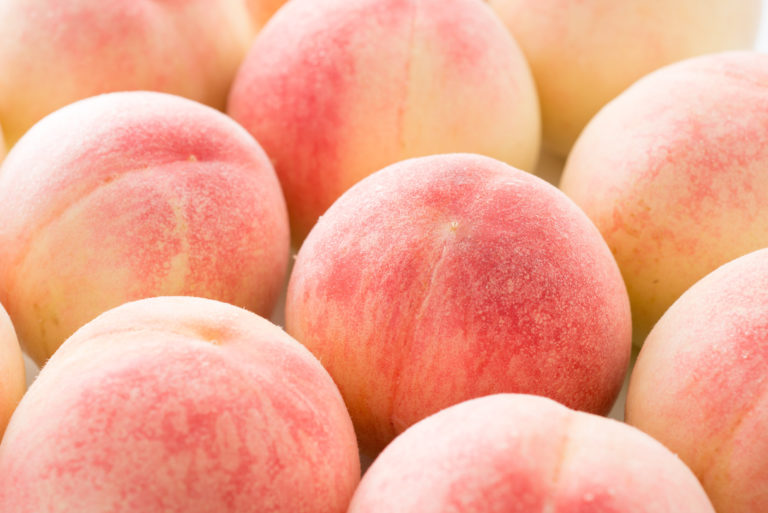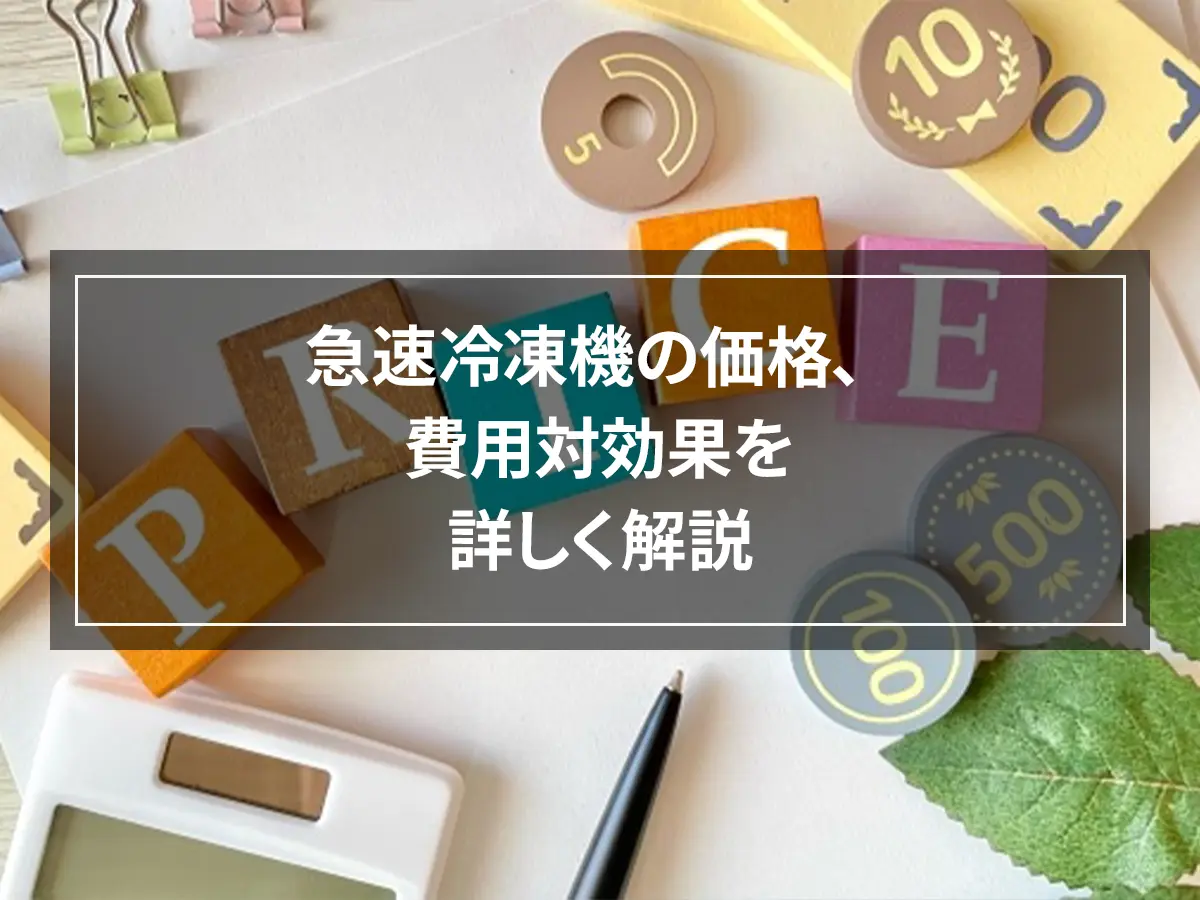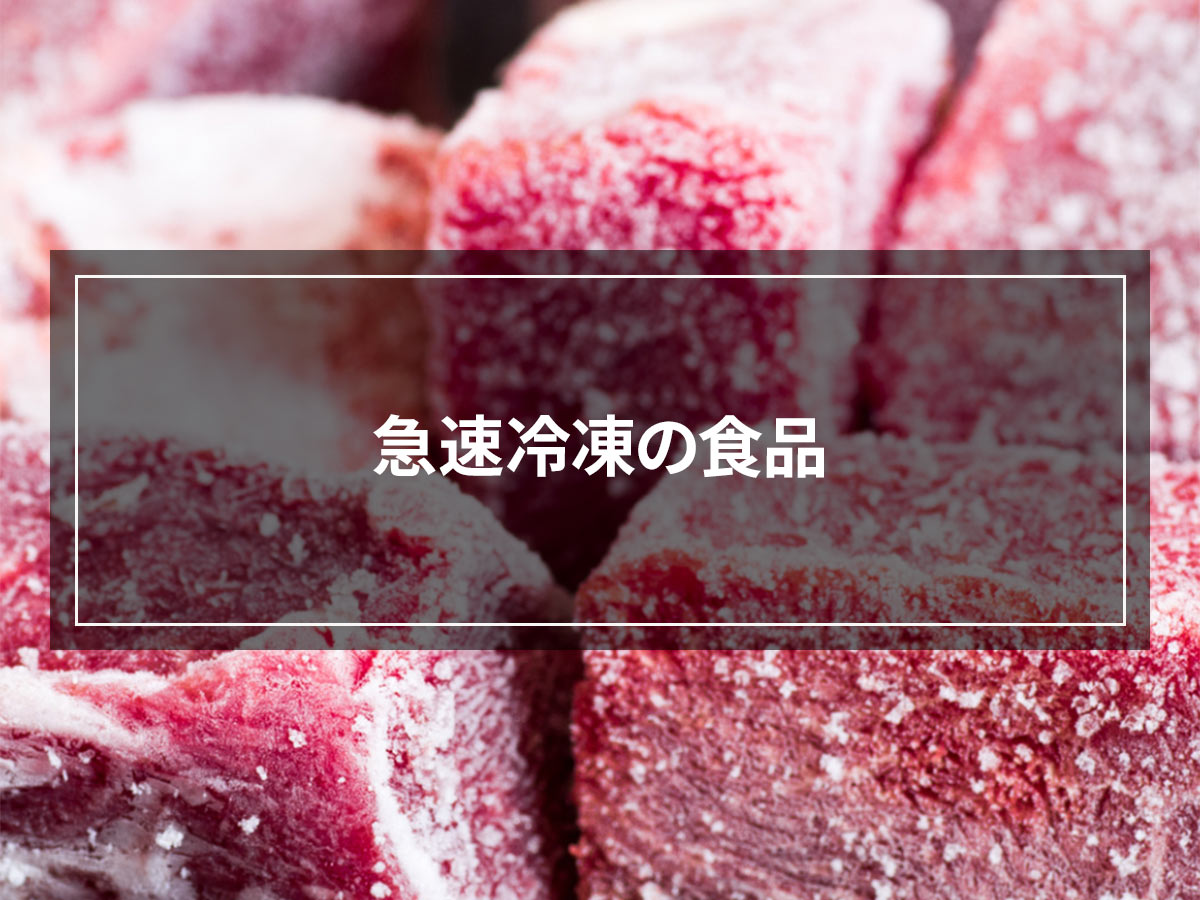[Advantages and disadvantages of food additives] What is rapid freezer that solves the problems?
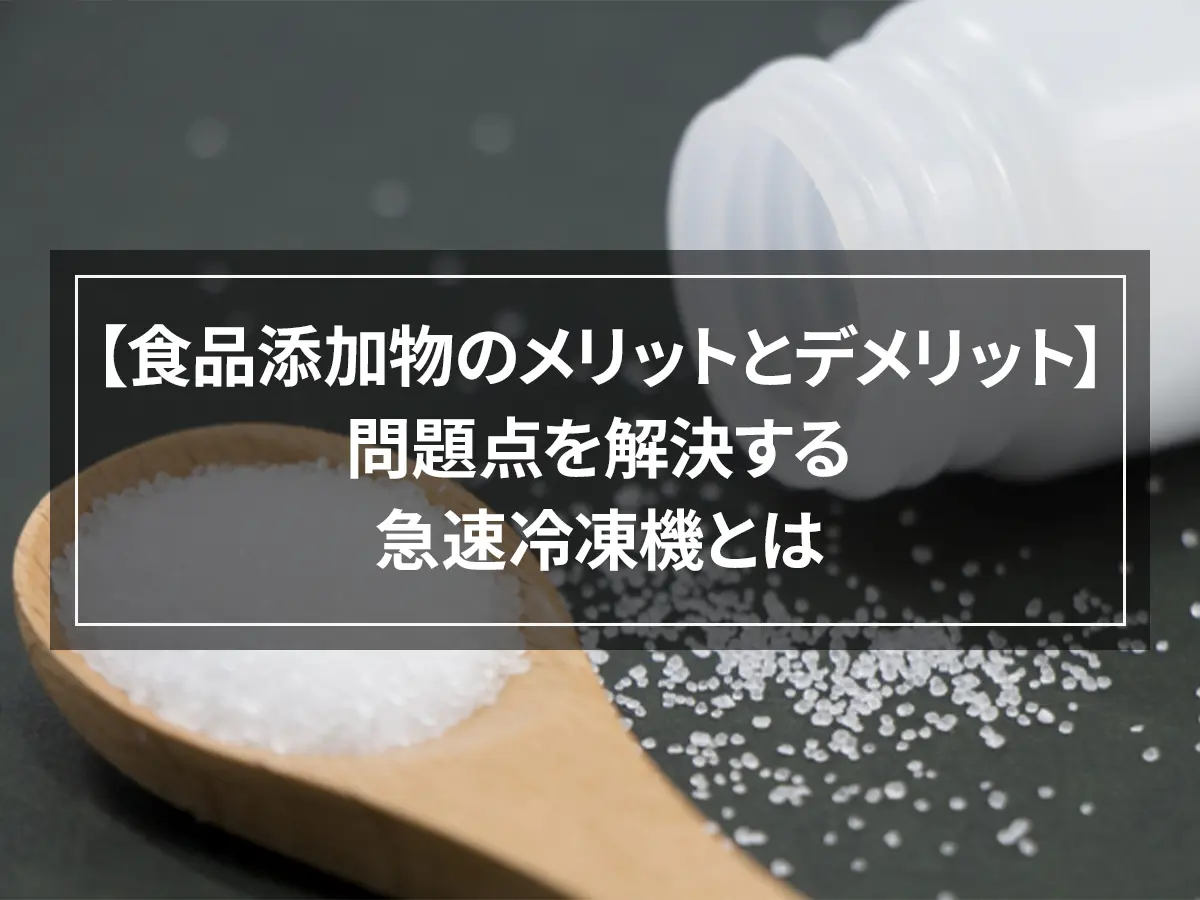
Have you ever wondered what food additives are used for?
Both those who make food and those who eat it would like to choose products that are good for the body. However, it is actually dangerous to leave everything without additives.
In the worst case scenario, it can lead to various problems such as food poisoning. To prevent this from happening, you need to know the reasons for using food additives and their disadvantages.
Therefore, on this page we will introduce the advantages and disadvantages of using food additives, as well as the situation regarding food additives in Japan. Furthermore, up until now, food could only be distributed without adding food additives.ofWe would like to introduce rapid freezing that makes it possible to provide these products.
Please read until the end and use it to help you choose the correct additive-free foods.
目次
What are food additives?
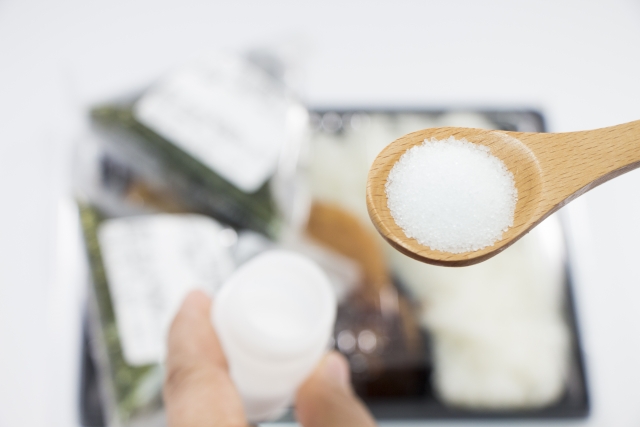
Food additives are things added during the manufacturing and processing process of food, such as preservatives, sweeteners, and coloring agents. It is often used to preserve the appearance of food and make it last longer.
In principle, only additives (designated additives) that have been designated by the Minister of Health, Labor and Welfare based on Article 12 of the Food Sanitation Act can be used. Specified additives include citric acid and xylitol, and as of April 1, 2021, there are 472 items registered.
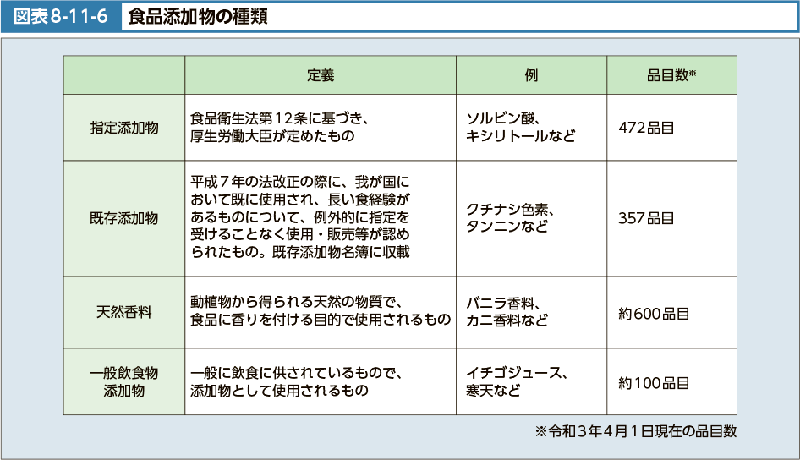
There are three types of additives that can be used other than designated additives: existing additives, natural flavorings, and general food and drink additives.
[357 existing additives]
Among additives other than chemically synthesized products, those that are widely used in Japan and have a long history of being eaten are allowed to be used and sold without being designated as an exception. This category was established when the Food Sanitation Law was revised in 1995, and the scope of the designation was expanded from chemically synthesized products to all additives, including natural products.
The list of existing additives only lists those that have been confirmed to have been used as of 1995, but those that are no longer in circulation are deleted as appropriate.
[About 600 natural fragrance items]
Natural additives extracted from plants and animals. It is commonly used to add flavor to foods such as vanilla flavoring and citrus flavored foods.
[About 100 general food and drink additives]
A substance commonly used in food and drink as an additive. Examples include egg white, nata de coco, and agar.
In total, there are approximately 1,500 food additives used in Japan.
In this way, there are various types of additives. When many people hear the word additive, they have the impression that it is bad for the body, but why do we go to the trouble of using additives? Here we will introduce the advantages and disadvantages of using food additives.
Advantages of using

Here we will introduce the benefits of using food additives. There are multiple benefits to using food additives.
Can be seasoned with a small amount
Sucrose and acesulfame potassium are used as sweeteners in soft drinks and sweets, and a small amount can make them taste sweet. Additives such as seasonings and fragrances are often used to improve taste and aroma.
Processing becomes easier
Foods such as Chinese noodles, margarine, and pudding use additives such as coagulants, swelling agents, kansui, emulsifiers, and gelling agents to give them their shape and unique texture. There are many foods that would not be viable as products without the use of additives.
Improves color development
The color of food has the effect of increasing appetite and increasing meal satisfaction. However, it is difficult to maintain the color of natural foods, so colorants are sometimes used to adjust the tone.
Natural coloring agents such as safflower, gardenia, and mugwort are also widely used in Japan. However, the use of coloring agents on fresh seafood, meat, and vegetables is prohibited.
Longer storage period
You can extend the shelf life by using preservatives. By extending the storage period, it is possible to reduce waste and maintain deliciousness. It is used to make food easier to handle and deliver more delicious food to consumers.
Many companies use food additives because of these various benefits.
Disadvantages when using

Next, we will introduce the disadvantages of using food additives.
There is a risk of over-nutrition
As consumers increasingly eat foods containing additives, there is a risk that they may end up consuming excessive amounts of sugar, salt, and oil. Not only can it lead to physical damage, but it can also lead to taste disorders.
There is a risk of harm to your health
Basically, only those that have been recognized as safe and effective can be used as food additives. However, it is said that if you continue to consume more than the daily allowance, in the worst case scenario, it may cause diseases such as cancer, brain tumors, leukemia, etc., and may cause health problems.
There are major disadvantages to consuming large amounts of food additives. Because of these risks, there are various agreements regarding the use of additives not only in Japan but also overseas.
Overseas approval status

In Japan, rats are used in tests for carcinogenicity and toxicity, and the law stipulates that the amount to be used is 1/1000 of the amount that does not cause any abnormalities in rats. However, just because it is approved in Japan does not mean it is agreed upon worldwide.
The number of food additives actually used in Japan is approximately 1,500, while in other countries the number is far fewer.
[Number of approved food additives in each country]
America 133 items
Germany 64 items
France 32 items
UK 21 items
Reference: http://www.rui.jp/ruinet.html?i=200&c=400&m=286684
Based on these data, it can be said that the use of food additives in Japan is overwhelmingly permitted compared to other countries. Due to this current situation, additive-free foods are currently attracting attention.
Demand for additive-free foods

The additive-free food market, which does not use food additives, is attracting attention due to consumers' increasing health consciousness and food safety awareness.
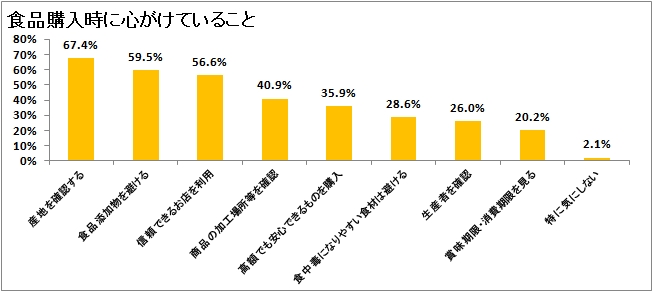
According to a survey conducted by Mitoriz Co., Ltd., which provides field marketing support services, among housewives in their 30s and 40s, the number one thing they keep in mind when purchasing food is ``checking the country of origin.'' The next most common answer was "avoiding food additives." Additive-free foods are chosen to avoid food additives.
Nowadays, more and more consumers are becoming concerned about the safety of food and the presence of additives, so it seems that an increasing number of companies want to make products without using food additives. However, since additive-free foods do not contain additives, they are difficult to handle and have their own problems.
Problems with additive-free foods

Additives play a role in lowering the risk of food poisoning by preventing food spoilage and discoloration, and in delivering products to customers further away.
Some foods cannot even be safely distributed without the use of additives. Food spoils quickly, which increases the amount of waste, and it becomes difficult to transport food in bulk, which increases shipping costs.doAs a result, we are forced to raise prices.
However, there are actually ways to reduce the risk of food poisoning and reduce shipping costs without using additives. It's frozen.
I think many people have the impression that food won't taste good if it's frozen, but that's actually not the case. By using a special freezing technique called rapid freezing, it is possible to reproduce the taste of food that is almost the same even after freezing.
rapid freezing solves the problems of additive-free products

rapid freezing is a technology that freezes food without changing its quality. Even after thawing, rapid freezing frozen food can be restored to a state as close as possible to its pre-freezing state.
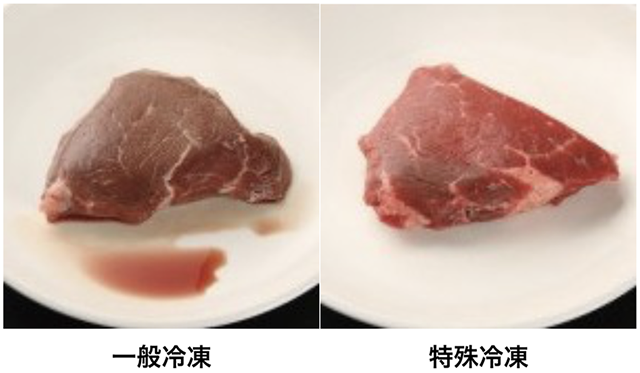
Foods can be stored for long periods of time while preserving their taste, flavor, and nutritional value. By using rapid freezing, food can be distributed as before without adding additives.
Conclusion
This article introduced the advantages and disadvantages of food additives. We also introduced rapid freezing, which allows food to be preserved for long periods of time without the use of food additives.
rapid freezing is beginning to be used for a variety of foods. By using rapid freezing, it is possible to make additive-free food available to many people.
We recommend that you learn more about rapid freezing.




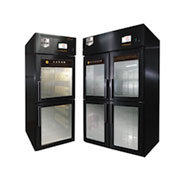
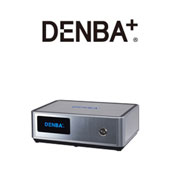
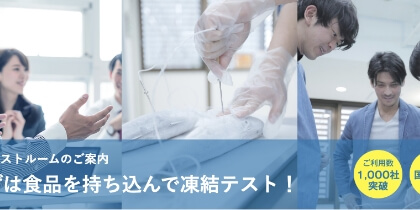
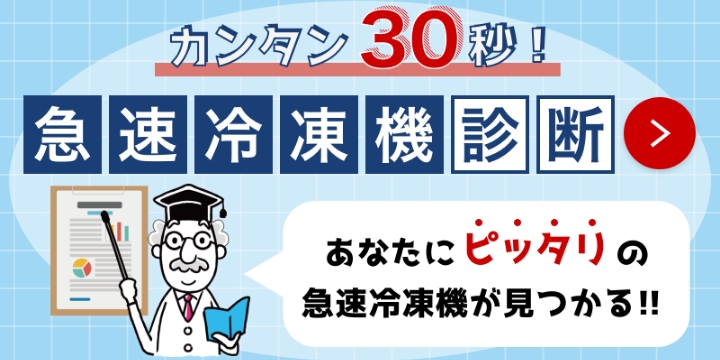
![[Storage period increased by 30 times! ] Achieving a stable supply of raw whitebait!](https://shunkashutou.com/wp-content/uploads/2016/11/579c55e6d32e1385c250e8e7c3ed59a71.jpg)
![[Sales increased 100 times! ] rapid freezing the signature menu “Ni-katsu sandwich”!](https://shunkashutou.com/wp-content/uploads/2016/11/IMG_02391.jpg)
![[Horse sashimi] We have significantly reduced waste loss with rapid freezer!](https://shunkashutou.com/wp-content/uploads/2016/11/5fda59d0cbcdabde18e58c3c58c09ed0.jpg)
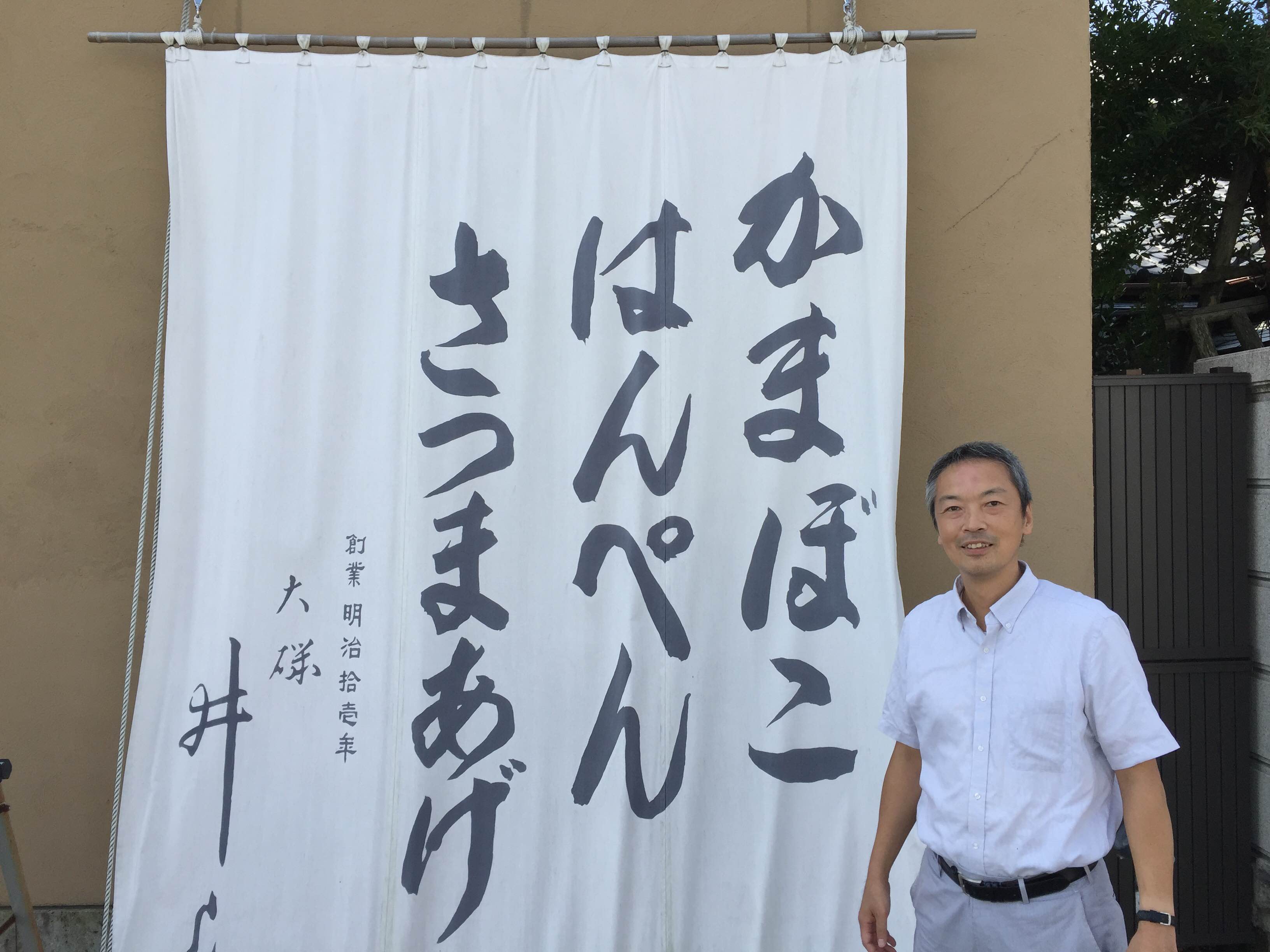
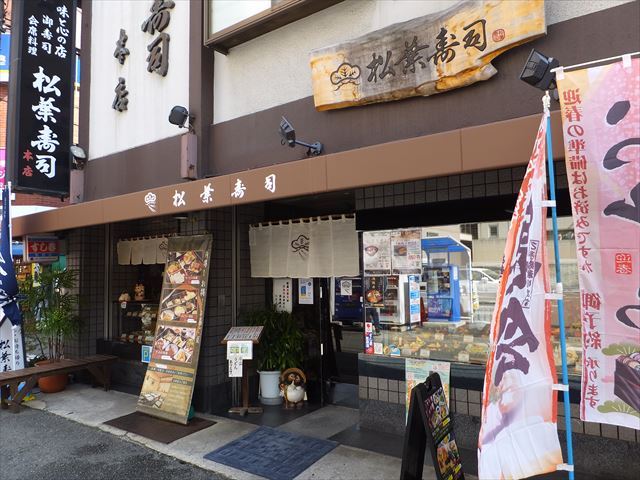


![[Storage period increased from 3 days to half a year! ] Restaurants are expanding their business using wholesale and mail order!](https://shunkashutou.com/wp-content/uploads/2018/04/66c19942ab4ba346fdb64ccc04cde373.png)
![[Reduce loss from 200 kg of oysters to zero] Improve loss and expand business with rapid freezer](https://shunkashutou.com/wp-content/uploads/2018/06/19785ca583a8d3c4041c7c192d041b0d.jpg)
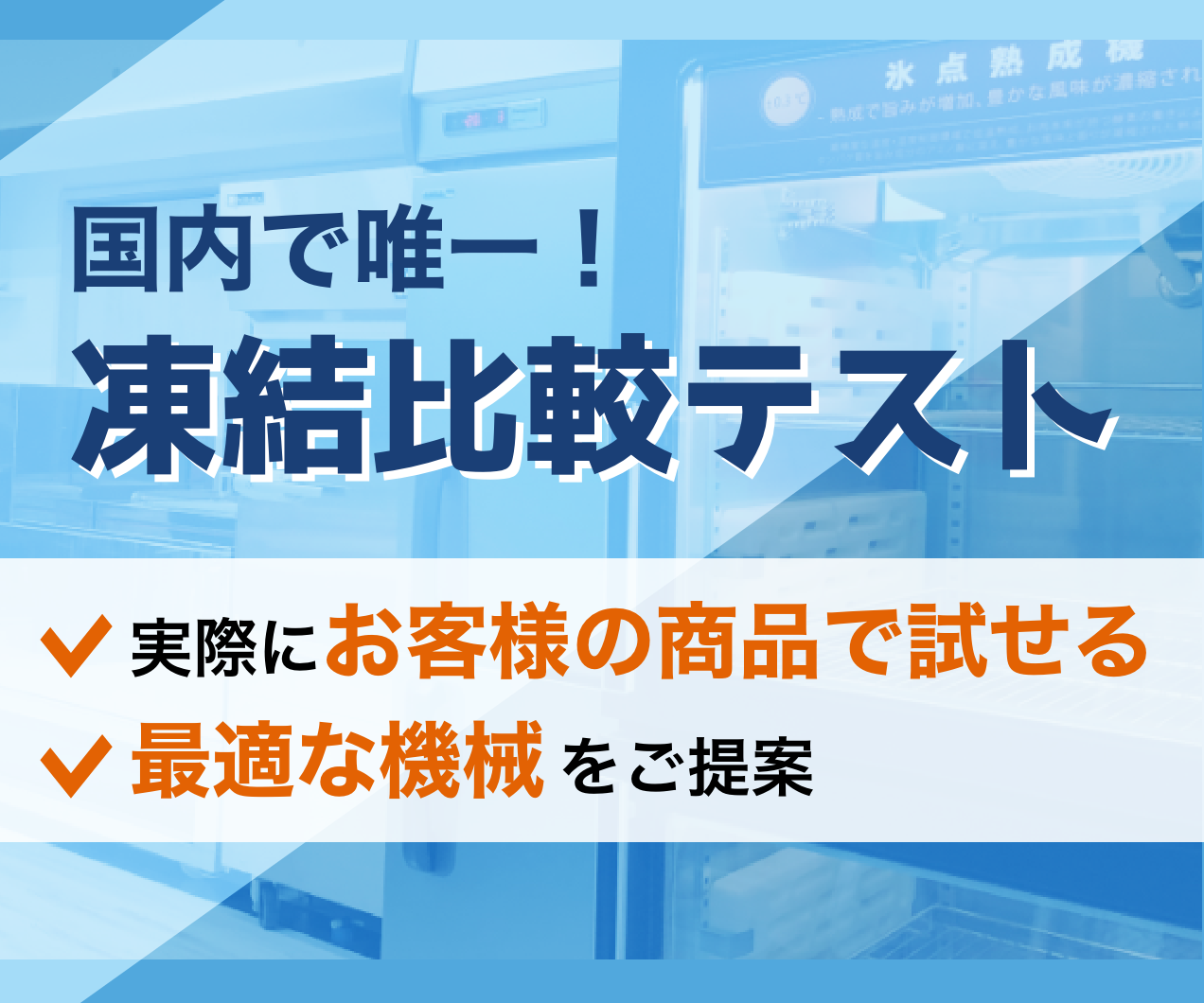
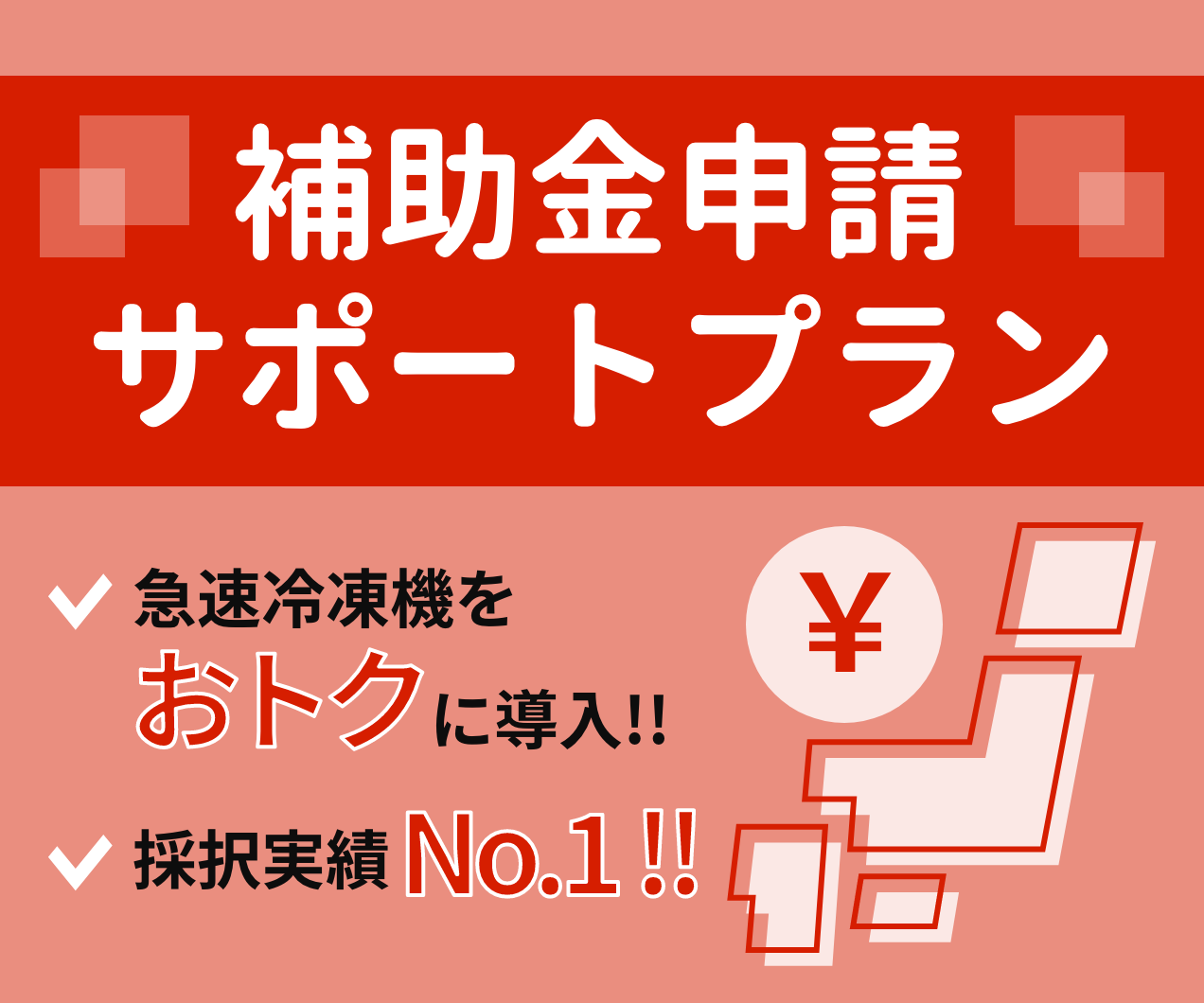
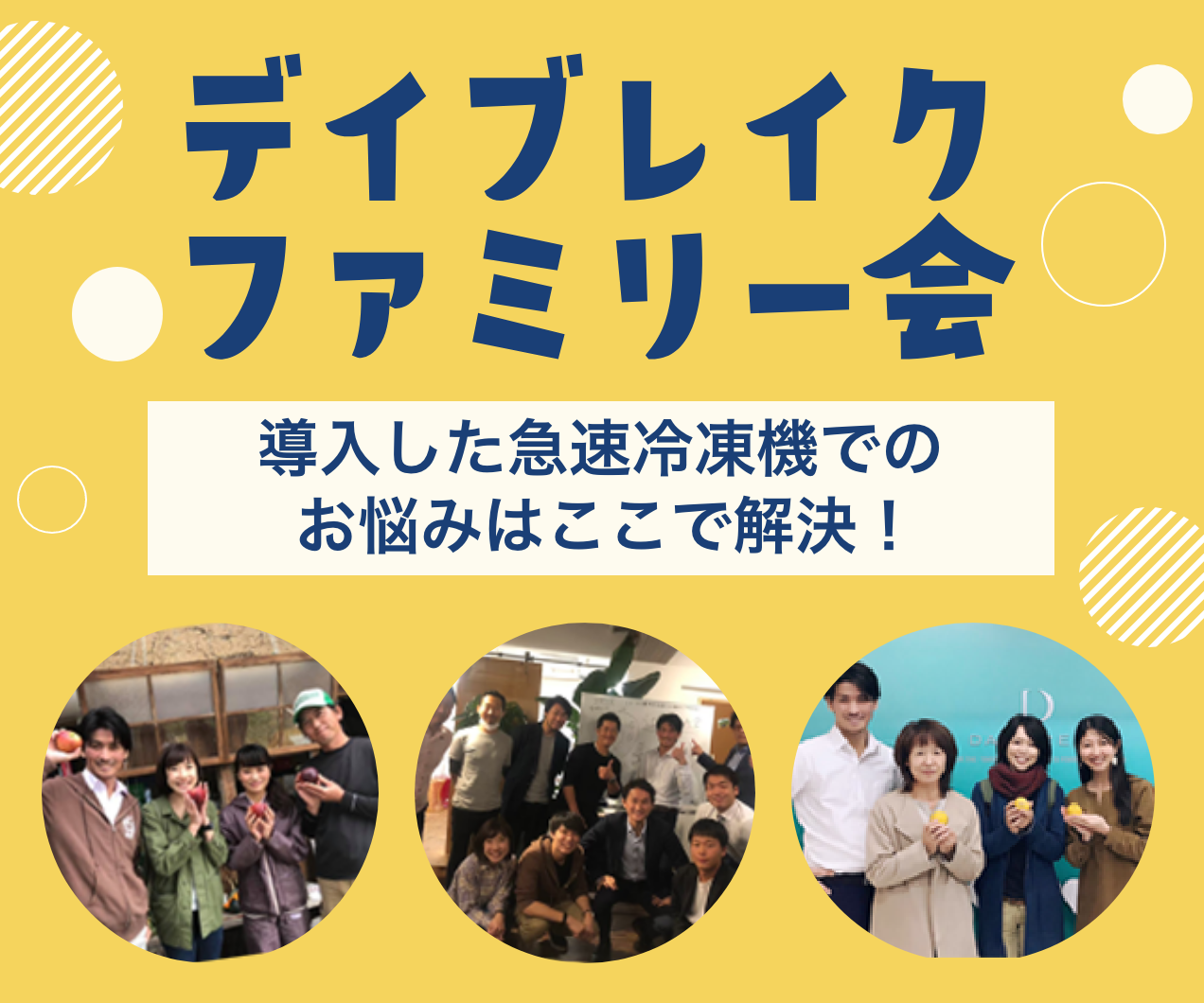
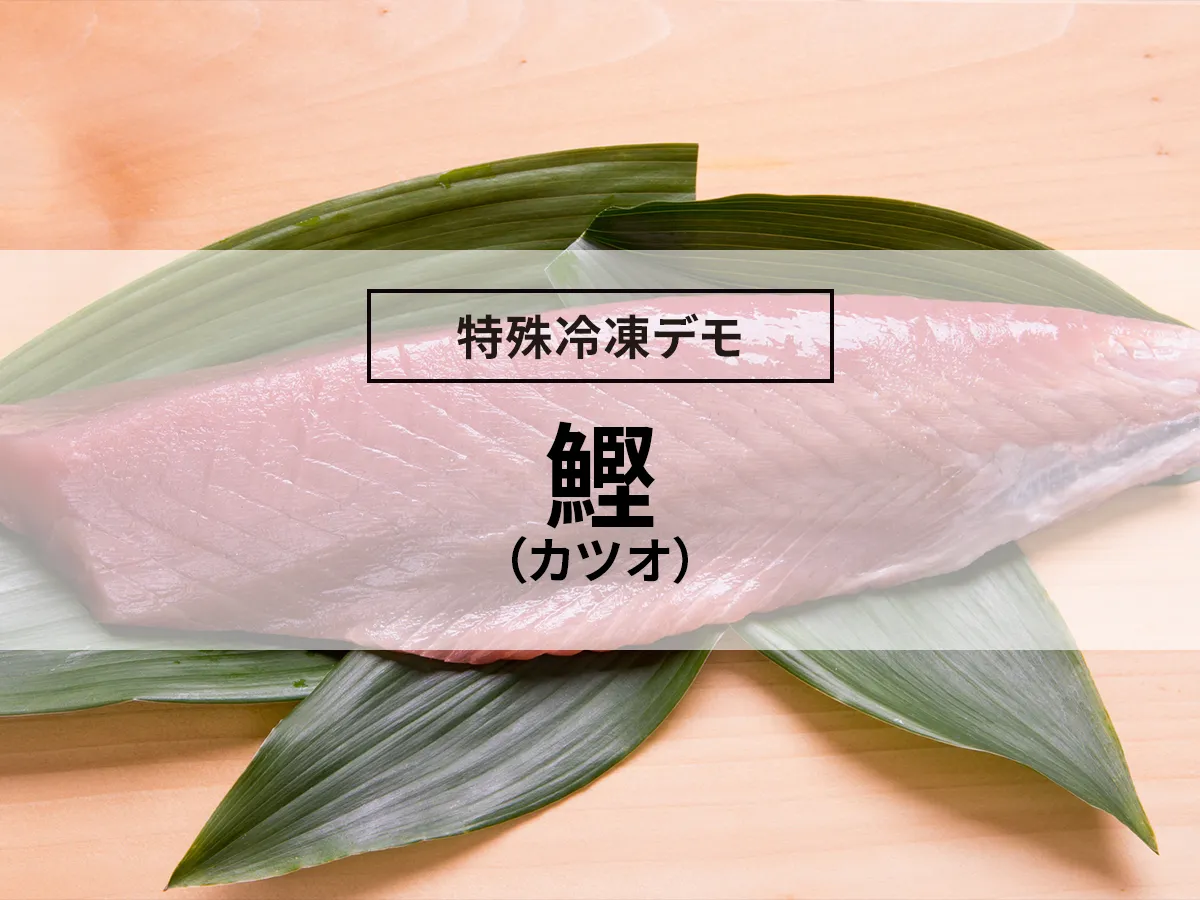
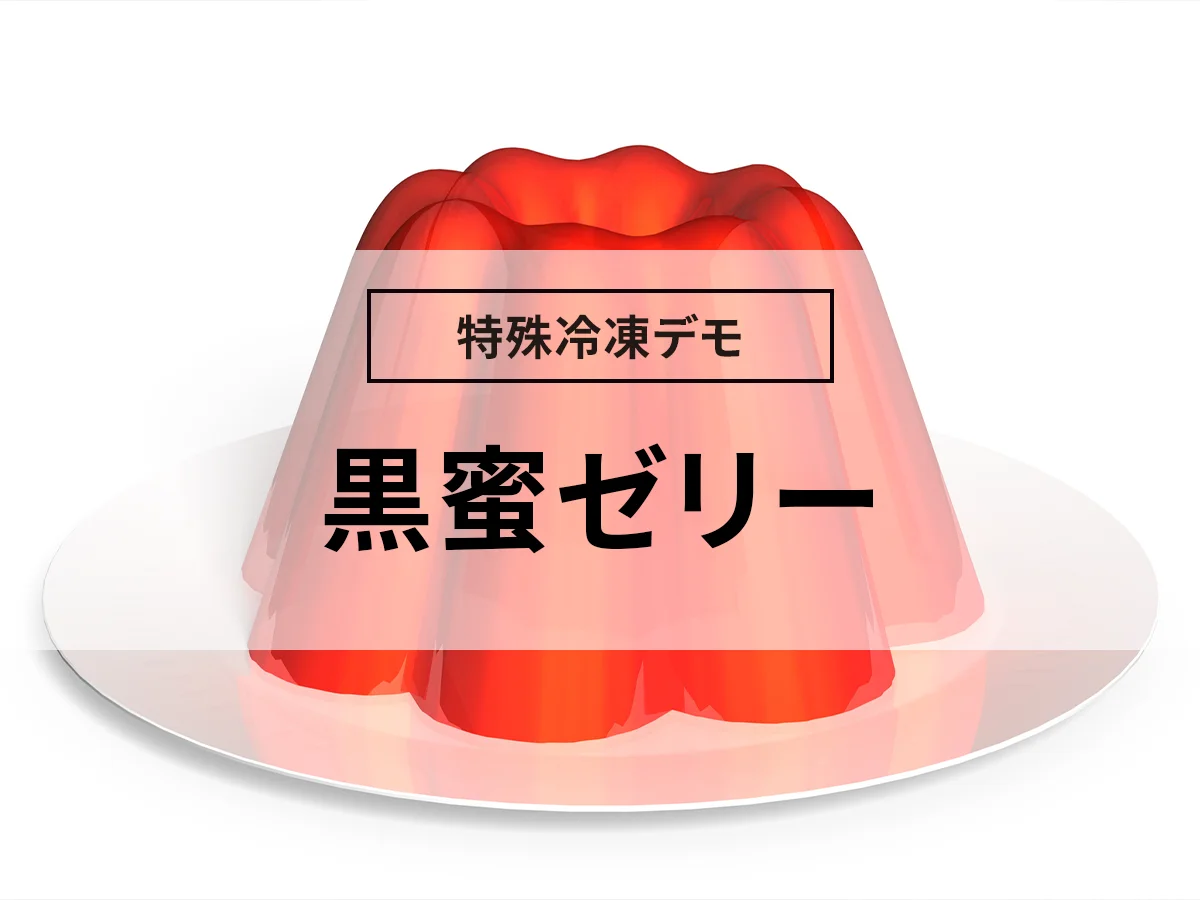
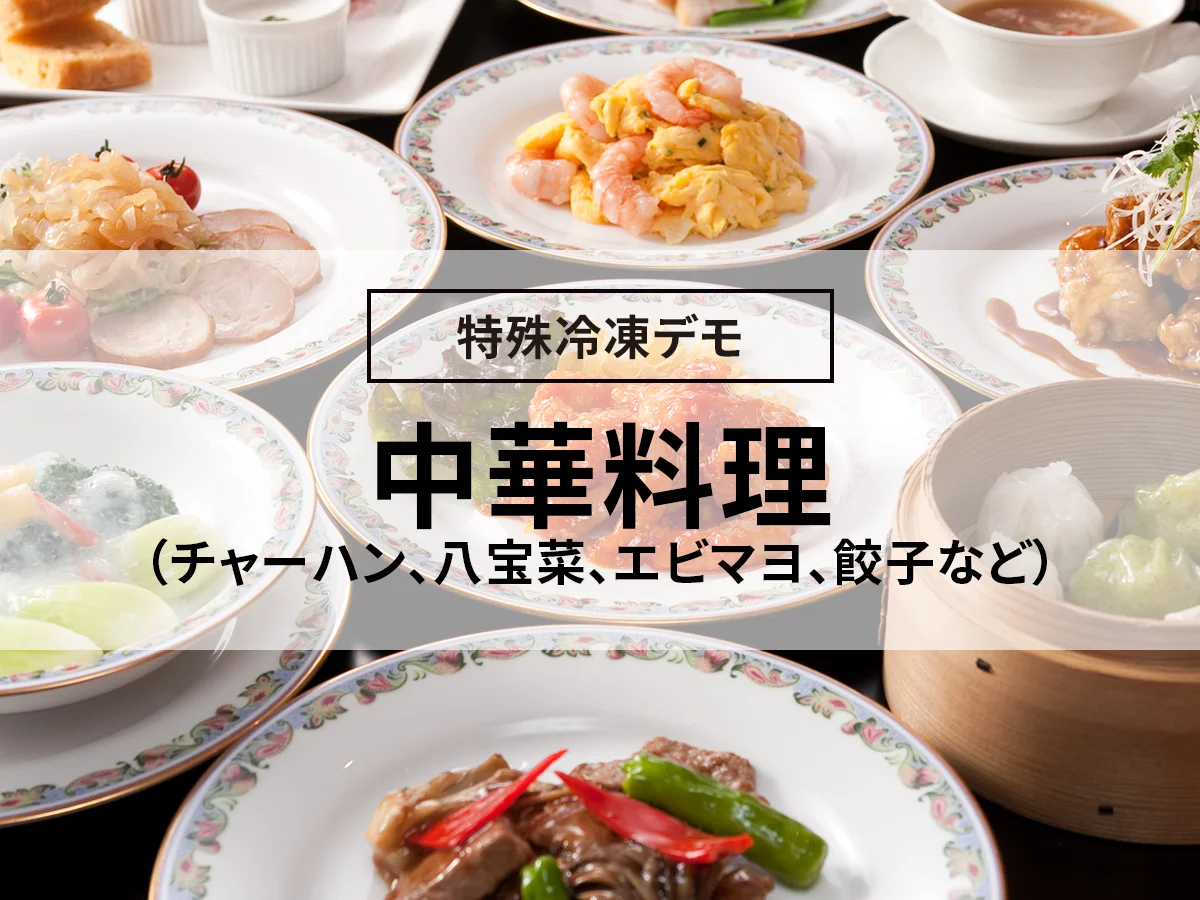
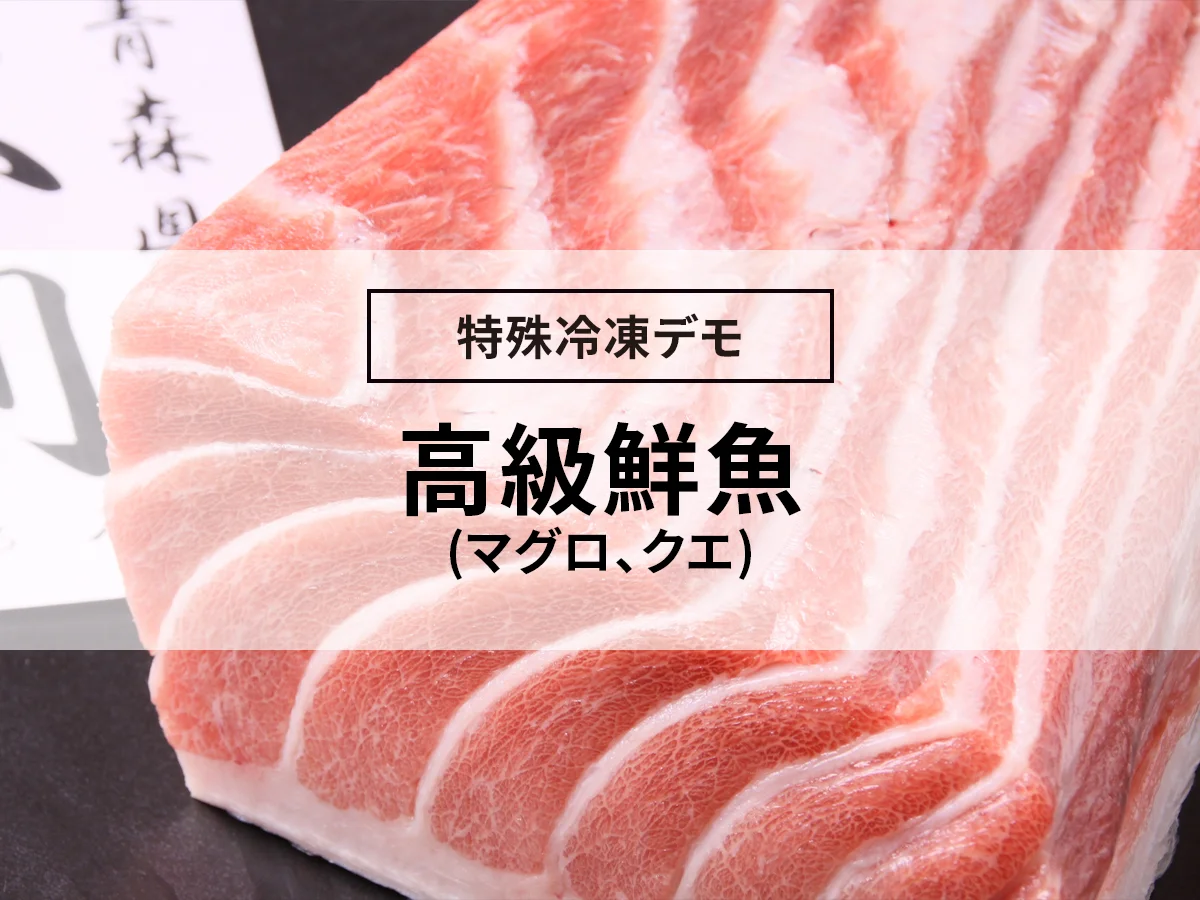
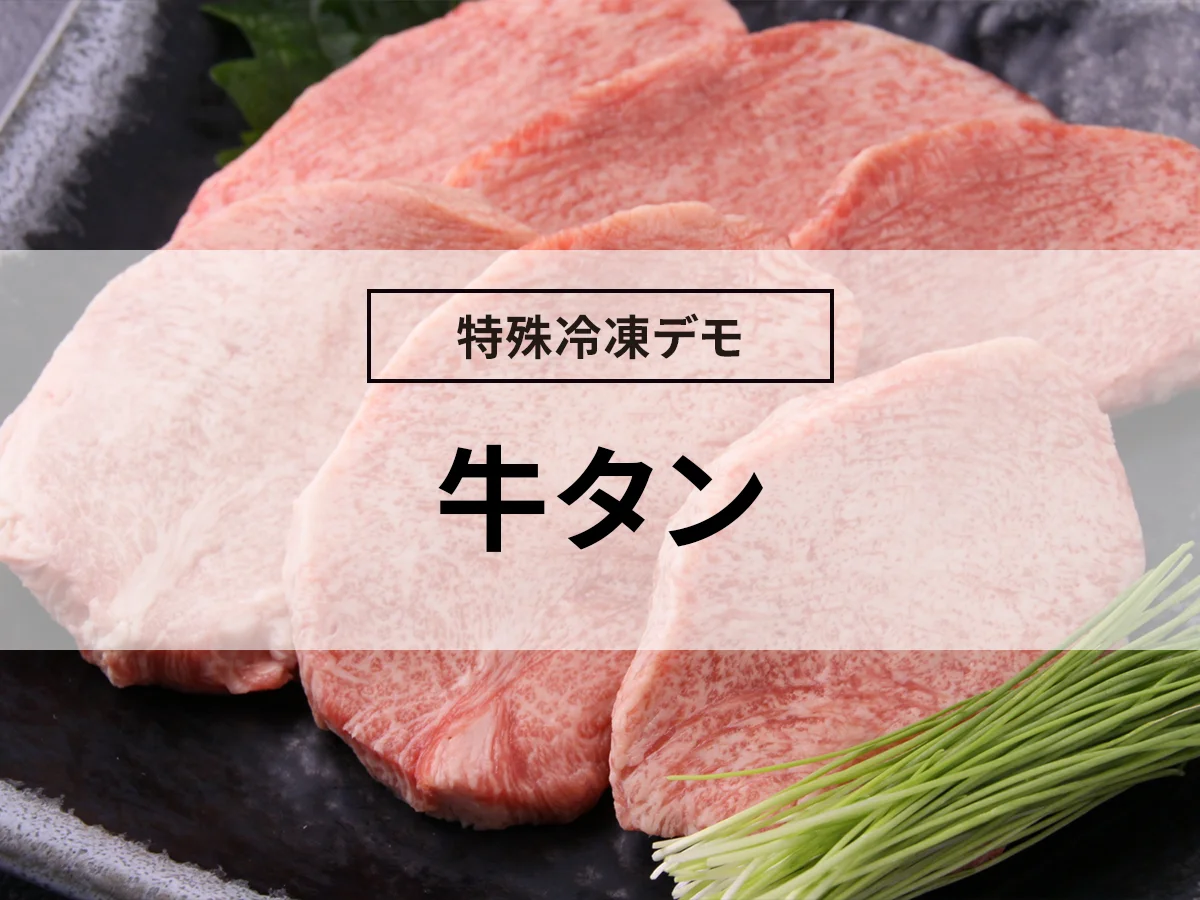
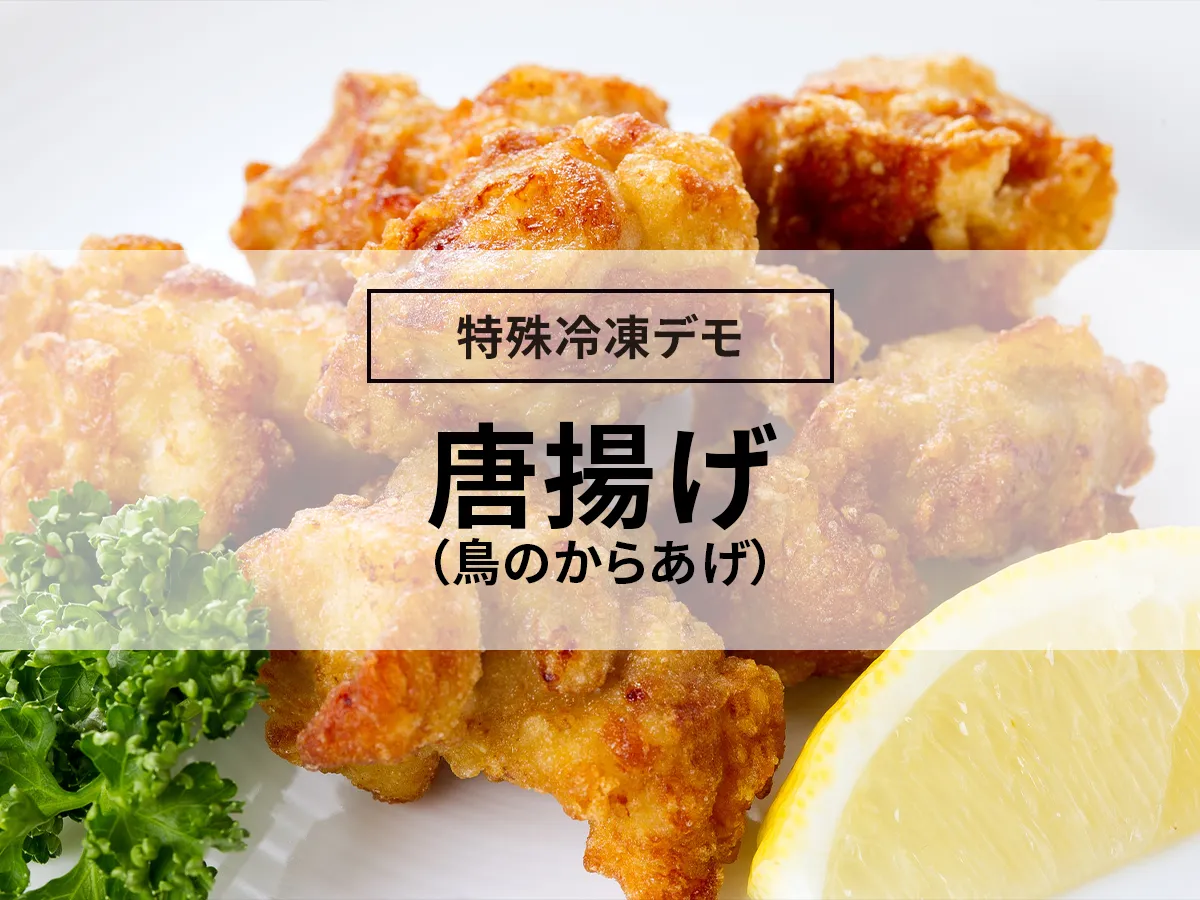
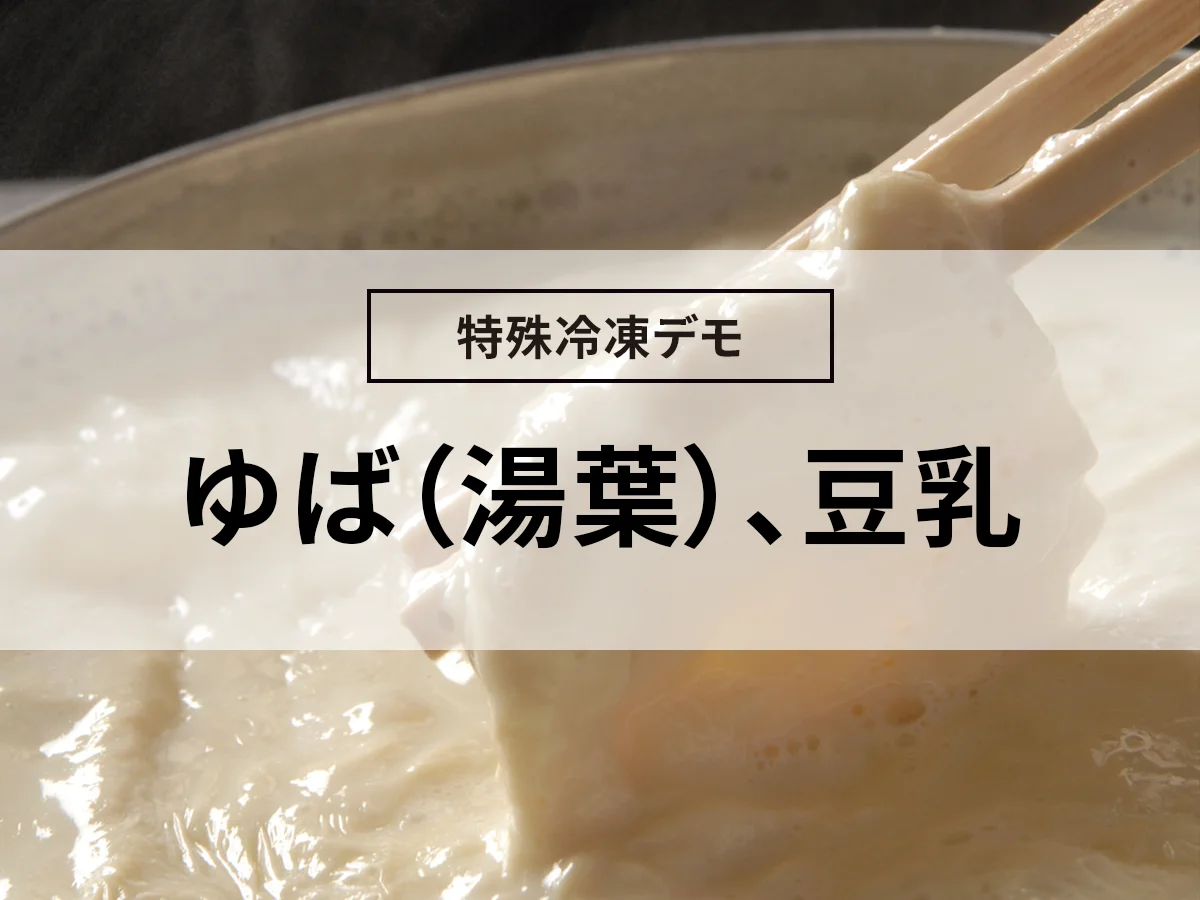
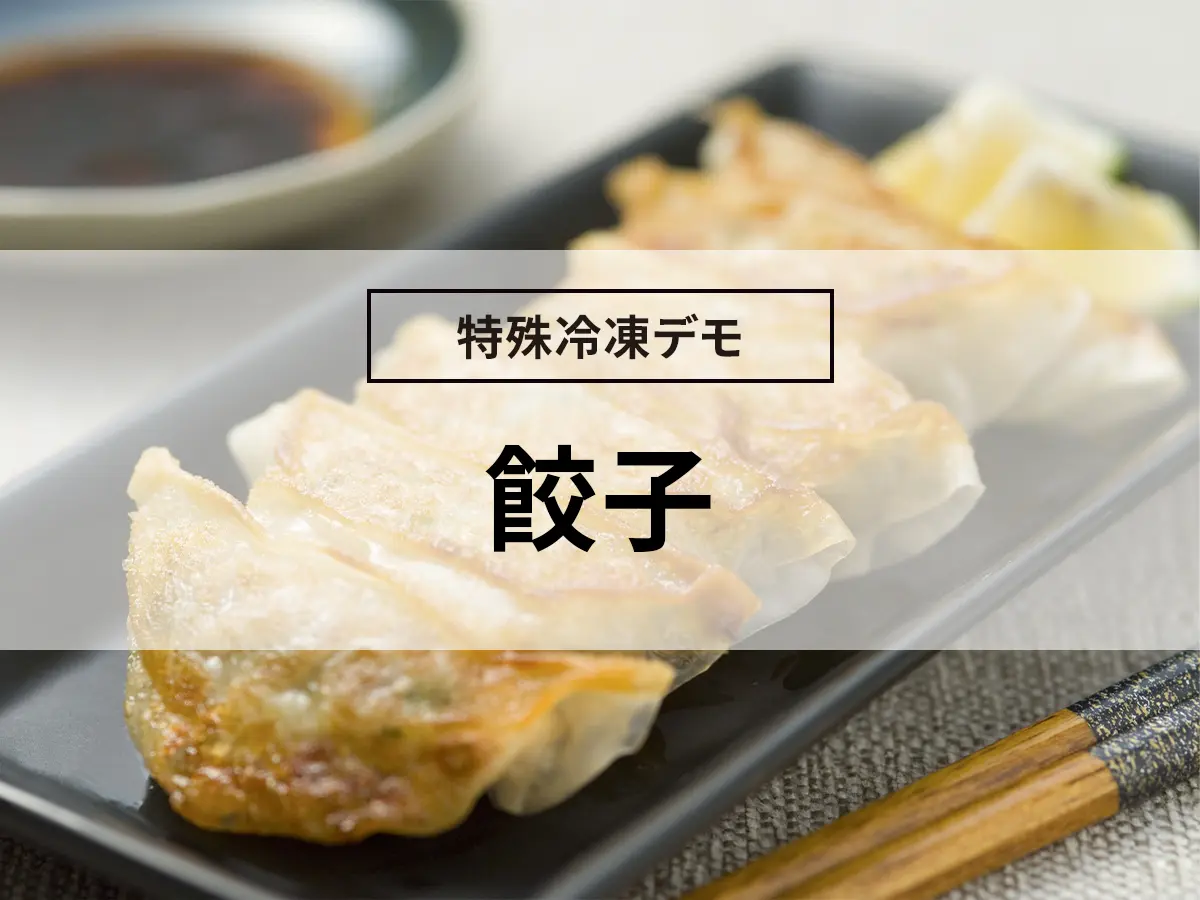
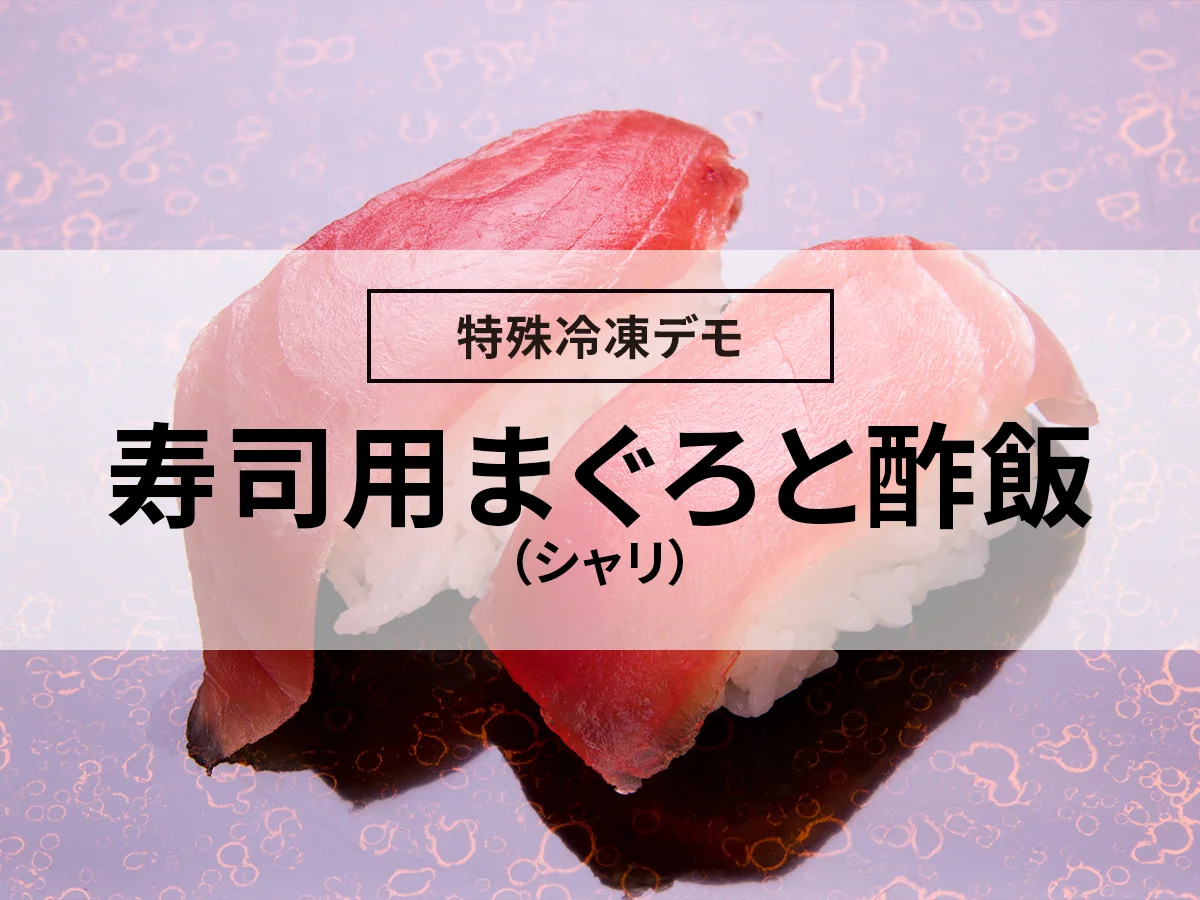


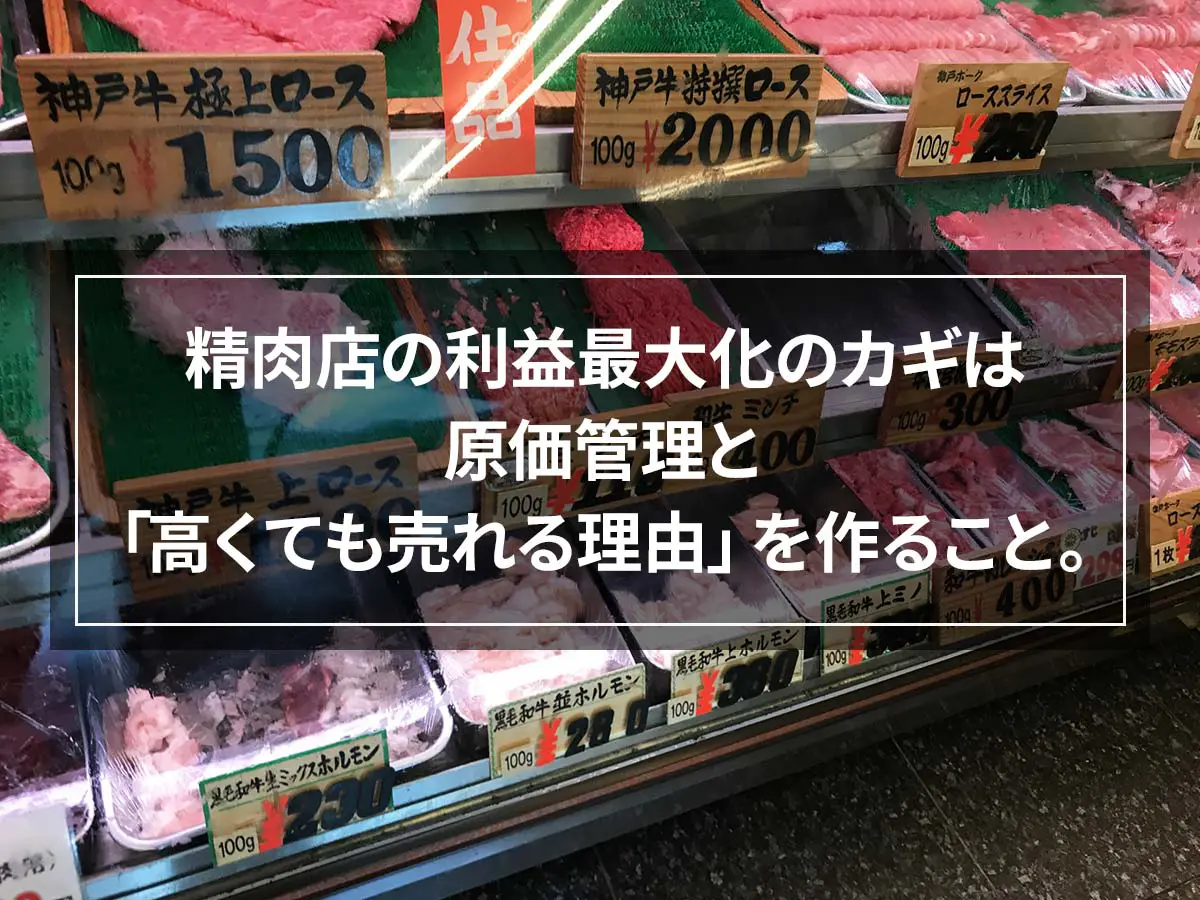
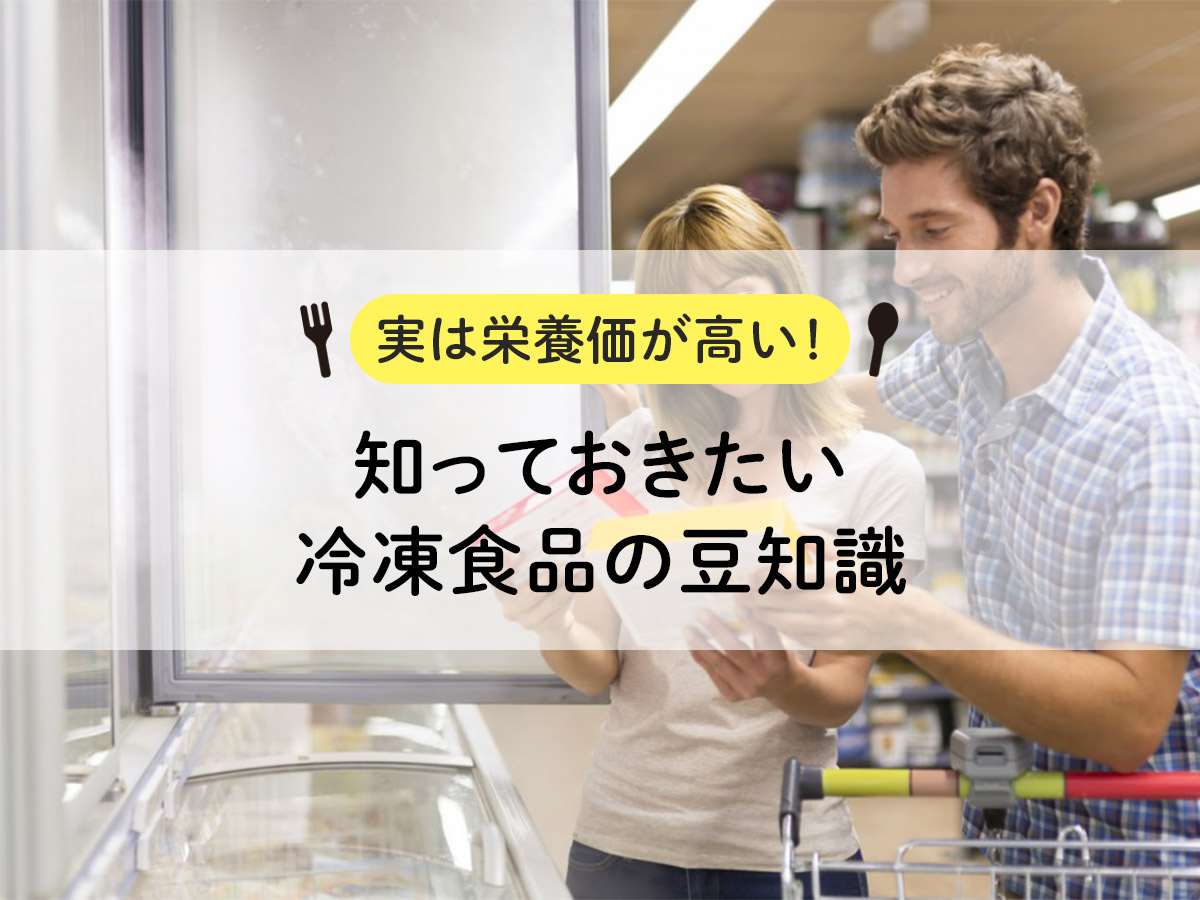
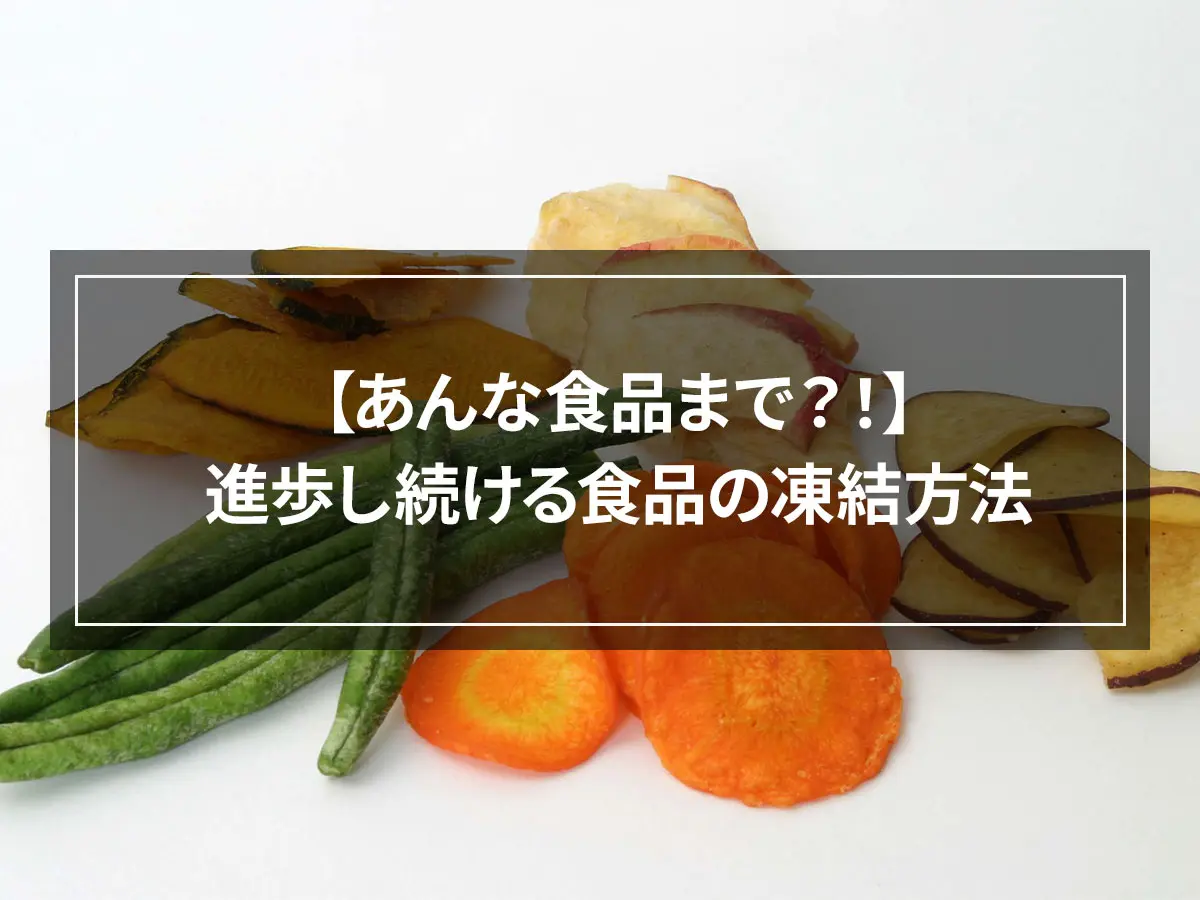
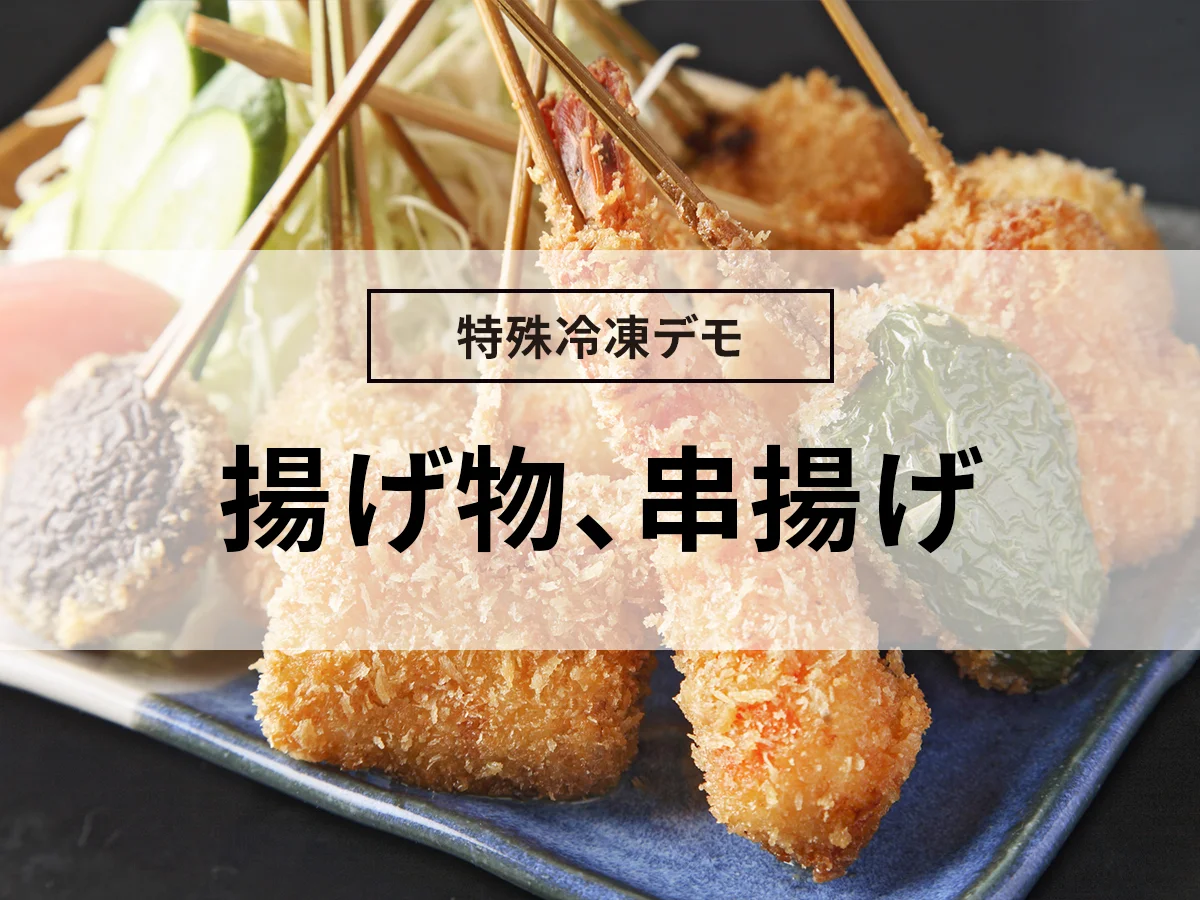
![Types of rapid freezer and purchasing points! [Examples of failures in machine selection! ? ]](https://shunkashutou.com/wp-content/uploads/2015/04/e68b2ac878e110c2a4639a33271057d1_s-1.jpg)
![[Used and energy-saving types also available] Points to keep in mind when using refrigerated/frozen showcases](https://shunkashutou.com/wp-content/uploads/2015/10/9a1f5615c9649610709c0e4a29df5f57.jpg)
![[Deliver delicious ham! ] Meat processing manufacturer’s rapid freezing implementation example](https://shunkashutou.com/wp-content/uploads/2024/09/0825c4a97ac8495fd2408a91574cede6.webp)
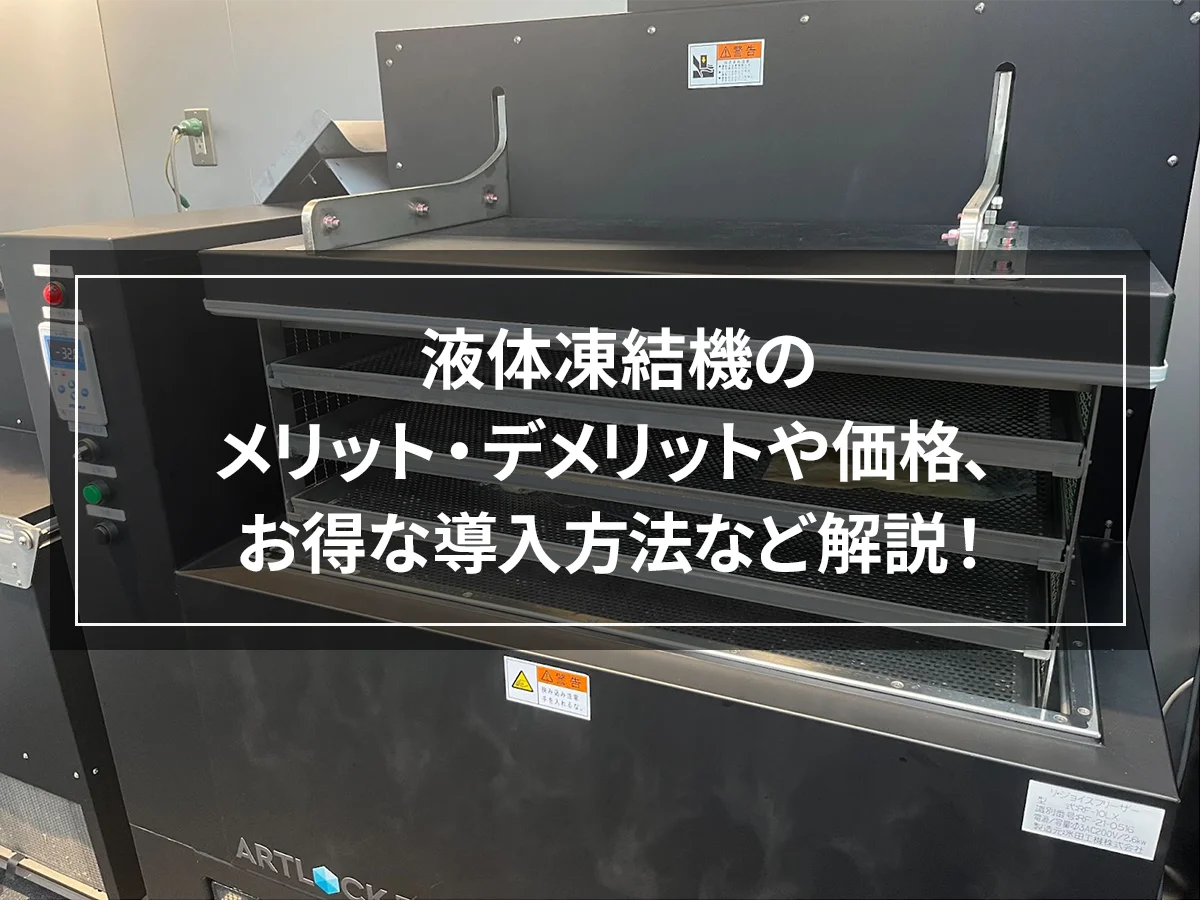
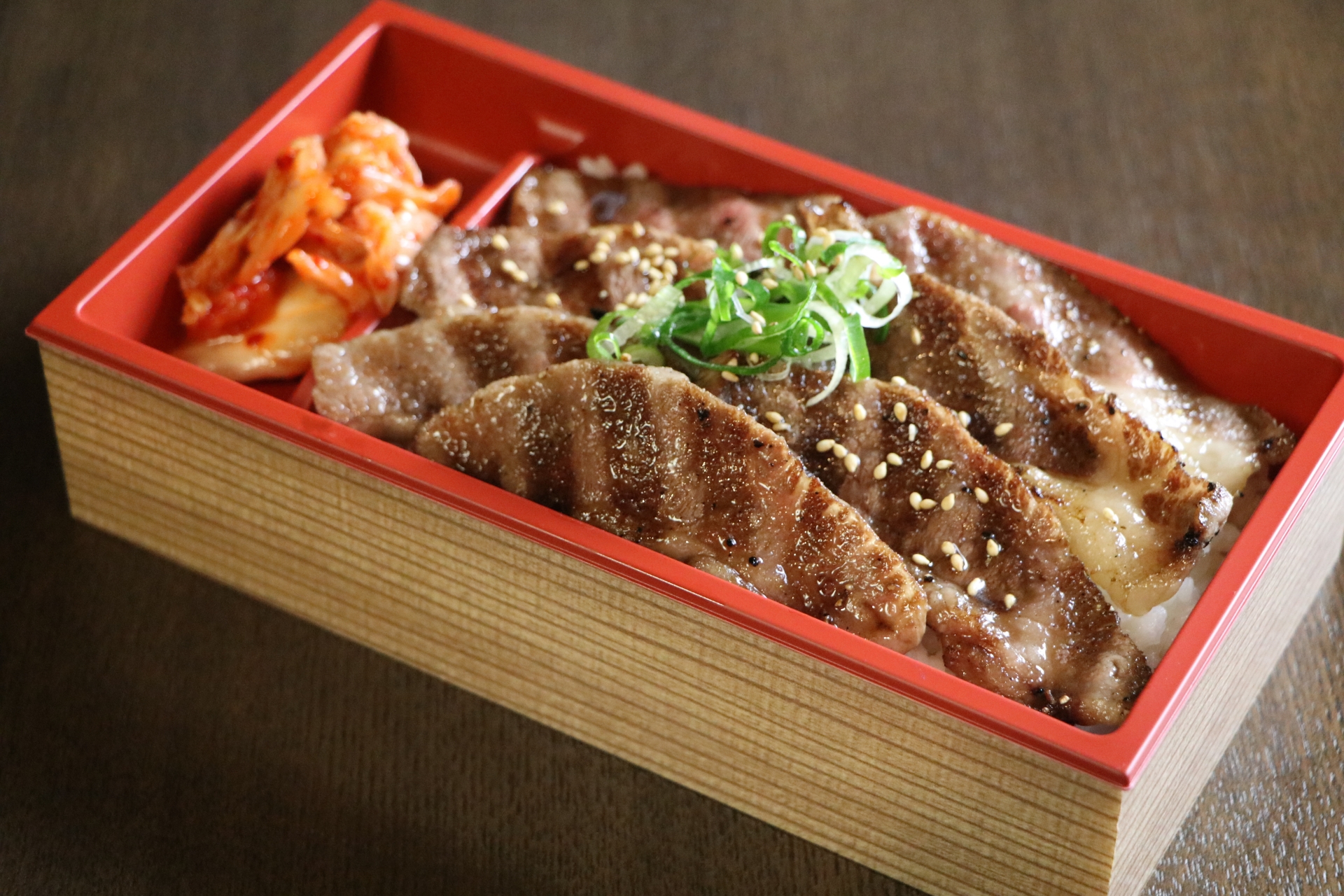
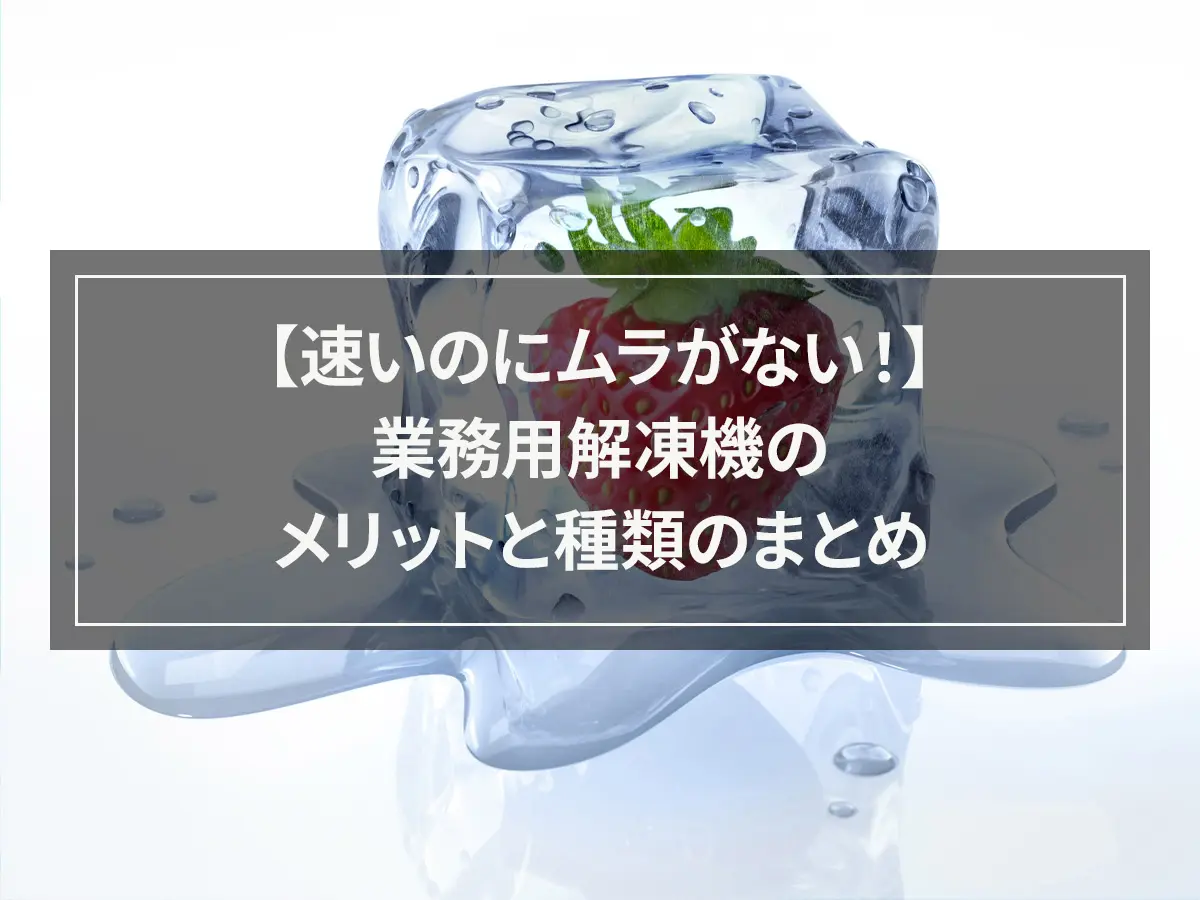
![[Required for food business operators] What is the reason for implementing HACCP and using rapid freezing?](https://shunkashutou.com/wp-content/uploads/2017/02/b9dcd4b8ff706013bae4aafeda989b6e.jpg)
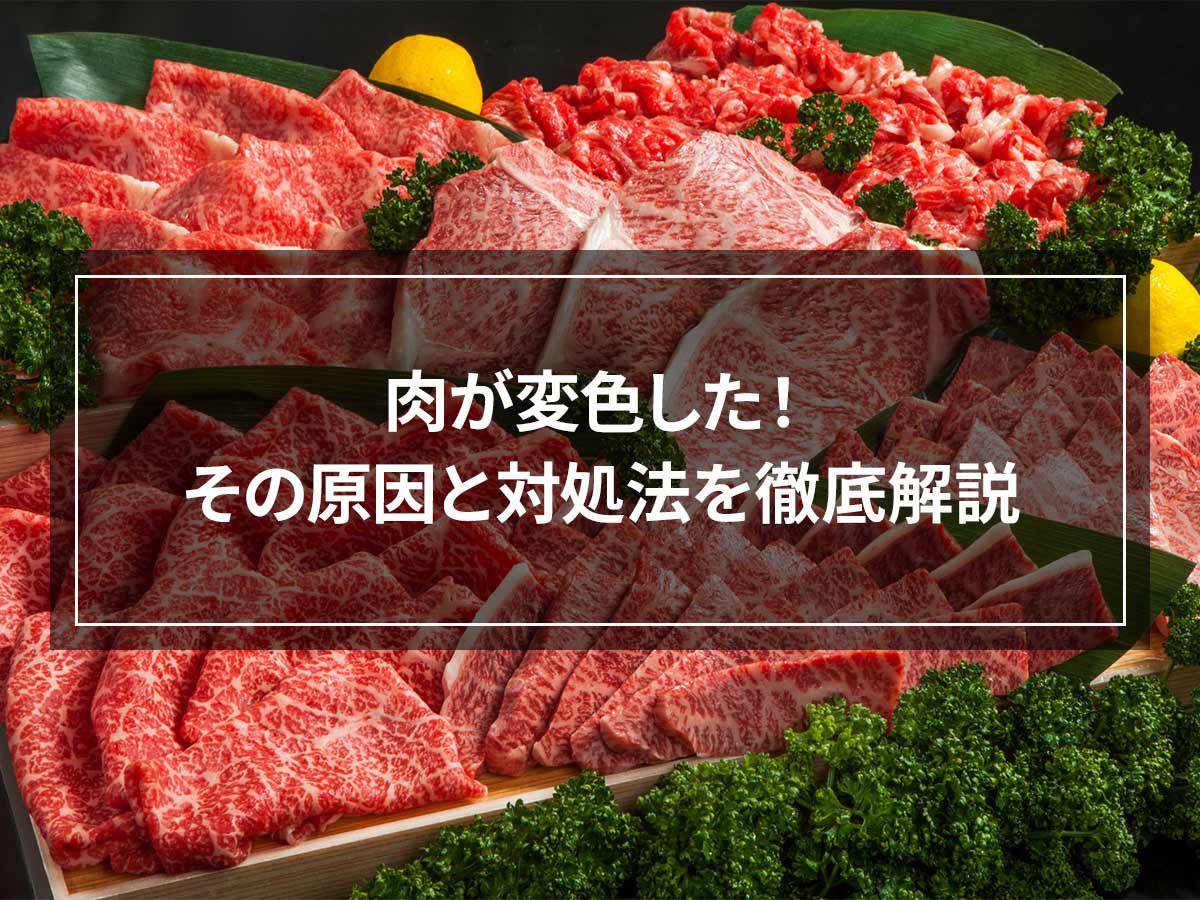

![[Shop for carefully selected fresh udon] 5 reasons why udon restaurants should introduce rapid freezing](https://shunkashutou.com/wp-content/uploads/2021/02/713146fd51058df15ccc18c6188c1407.jpg)
![[For food manufacturers] What is the meaning of IQF freezing and what is rapid freezer required for it?](https://shunkashutou.com/wp-content/uploads/2017/03/40008d9f1a752dd006399fe1c4beda34.jpg)
![[Rapid defrosting or slow defrosting] Unsure of which method? Read the complete guide on how to defrost](https://shunkashutou.com/wp-content/uploads/2024/10/ec8d0eb82bcecb5525574a8f72183a97.webp)

